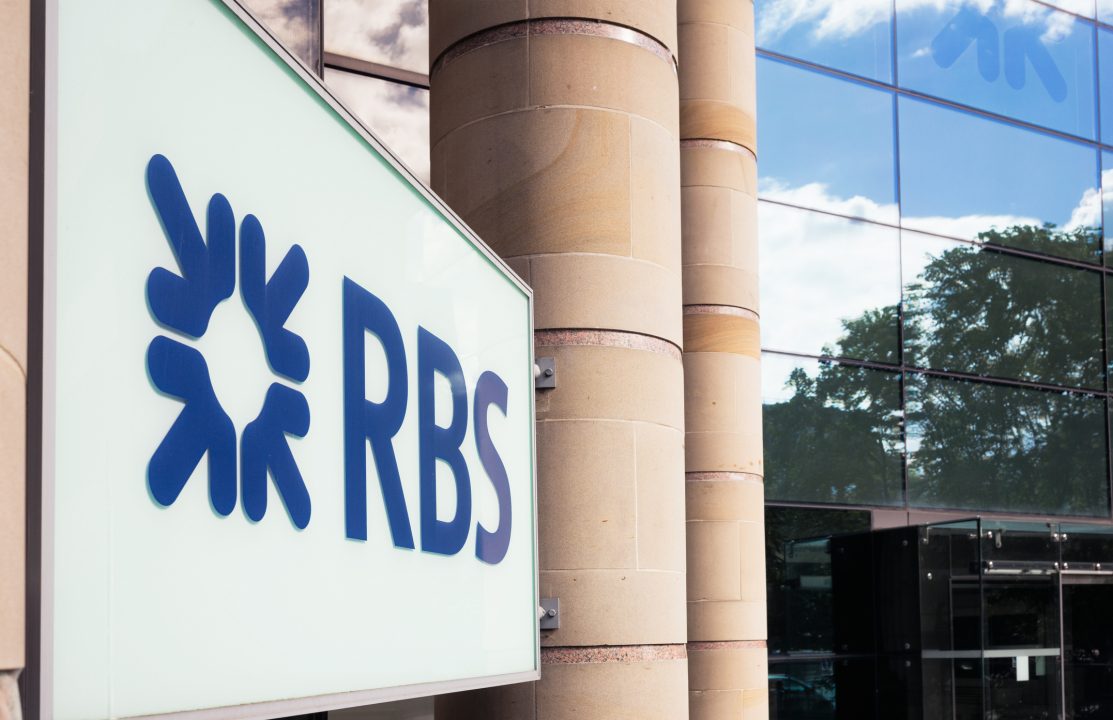Business activity across Scotland’s private sector has decreased for the second month running, according to new reports.
The Royal Bank of Scotland (RBS) Business Activity Index – a measure of combined manufacturing and service sector output – was little changed from 48.0 in August to 47.8, showing it fall for a second consecutive month.
The new data appeared in the latest RBS PMI report, which is compiled from responses to questionnaires sent to a panel of about 500 manufacturers and service providers.
It said despite easing, a high inflationary environment drove the latest decline in business activity.
The report also showed a sharper fall in new work and new orders for the private sector in the same two-month period.
It said the latest downturn was primarily linked to inflationary pressures and the cost-of-living crisis.
Business experts said the challenging conditions meant that confidence also weakened during September.
The latest reading registered a 28-month low, which the report said is much weaker than the UK-wide average.
Amid soaring prices and recession fears, overall activity expectations weakened for the second consecutive month in Scotland’s private sector last month.
However, employment across Scotland’s private sector increased in September, which has been the case since April 2021, data showed.
According to anecdotal evidence, successful hiring was in part linked to fresh graduates entering the workforce.
But the pace of employment growth in Scotland was slower than the UK average.
The September data also showed a reduction in backlogs of work for the fourth consecutive month at private sector companies in Scotland. Respondents to the survey often mentioned the fall in backlogs reflected fewer new orders.
The rate of reduction at Scottish private sector companies was quicker than the UK-wide average which, in contrast to Scotland, slowed during September.
Despite the rate of input price inflation remaining historically high, data showed the incline was the softest since August 2021, with both sectors noting slower rates of inflation.
Moreover, the pace of inflation in Scotland lagged behind that seen at the UK level, posting the second-softest of the 12 monitored regions ahead of the south west of England.
Scotland’s private sector firms raised their charges during September, thereby stretching the current run of output price inflation to 23 months, the report said.
According to respondents, prices were raised primarily to offset increasing costs.
That said, the rate of output price inflation was the weakest in 13 months and the softest of the 12 monitored UK regions.
Judith Cruickshank, chairwoman of Scotland Board, Royal Bank of Scotland, said: “The squeeze on customer disposable incomes amid a high inflation environment underpinned the latest downturn in output and new business.
“Despite falling business requirements, firms raised employment for the eighteenth successive month, albeit at a moderate pace. The combination of a drop in new work and expanding workforces allowed firms to work through their backlogs.
“The post-pandemic boom is clearly at an end, as the ongoing cost-of-living crisis plays an increasingly important role. Moreover, the 12-month outlook continues to weaken.”
Follow STV News on WhatsApp
Scan the QR code on your mobile device for all the latest news from around the country


 iStock
iStock

























